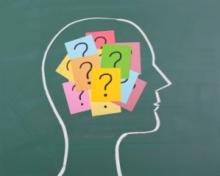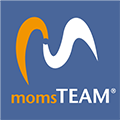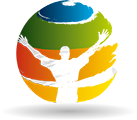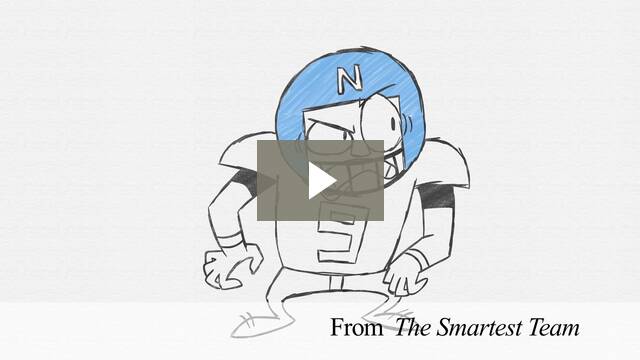
- symptoms (the child reports having a headache, feeling dizzy, feeling nauseous, having visual problems, being sensitive to light/noise, experiencing balance problems);
- physical signs (a parent, coach or another athlete observes that the athlete has suffered even a momentary loss of consciousness (e.g. "blacked out"), is unsteady on his feet, has gait/balance problem, or a dazed facial expression, is vomiting)
- impaired brain function (the athlete reports confusion, feeling mentally "foggy," feeling slowed down, difficulty concentrating and remembering things)(as noted below, it is important to remember that younger children will report symptoms differently than teens or adults);
- abnormal behavior (change in personality, increased irritability, sadness, nervousness, emotional outbursts, depression)(a recent study found that nearly half of parents missed irritability or emotional outbursts as concussion signs); and/orsleep disturbances (insomnia, drowsiness, sleeping less than usual, sleeping more than usual).
Symptoms may not appear right away
Symptoms - especially in children - can appear days after injury, so it is also important to continue to watch for symptoms, including behavioral changes, and concentration and memory problems, in the hours or even days after a strong blow to the body or head during practice or game action.
Children report symptoms differently
Because athletes below age 13 report symptoms different from adults, and a clinical evaluation by the health care professional should include input not only from the athlete but from parents, and possibly teachers and school personnel, experts recommend a symptom checklist specially designed for children age 5 to 13 and their parents be used in assessing concussion for younger athletes.
For the symptoms checklists for athletes age 5 to 13 and their parents, click here.
Encourage honest-self reporting
Parents and coaches should encourage athletes to honestly report to an adult if they experiencing any of these symptoms by creating an environment in which athletes feel safe in self-reporting. (why this is so important, and how to create a safe reporting environment will be the subject of future articles)




